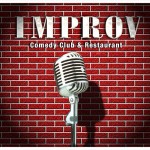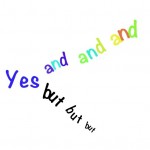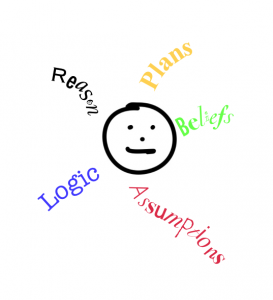If you find yourself in this familiar time of year, but are seeing and experiencing it with what feel like unfamiliar eyes, may your vision be sharpened to take in what you missed during all those years you saw what you expected to see and felt what you expected to feel. May you experience the unfamiliar as an unfolding and not as an undoing. And may you not take any of it, or yourself, even a tiny bit more seriously than absolutely necessary.
Nadia Bolz-Weber Dec. 16, 2023
I’m not feeling “Christmassy”. I don’t know why. I find myself trying to come up with a story, even though I know stories are just that. I’ve driven around looking at Christmas lights because that always brings me up…only it doesn’t.
My mind is in overdrive.
How do I let go of everything trying to get my attention? Wars, disasters, pleas for money, friends who are sick, endings… Everything is changing. Is it really unfolding?
I don’t know. So maybe I’ll just exhale and believe what my T-Shirt says:
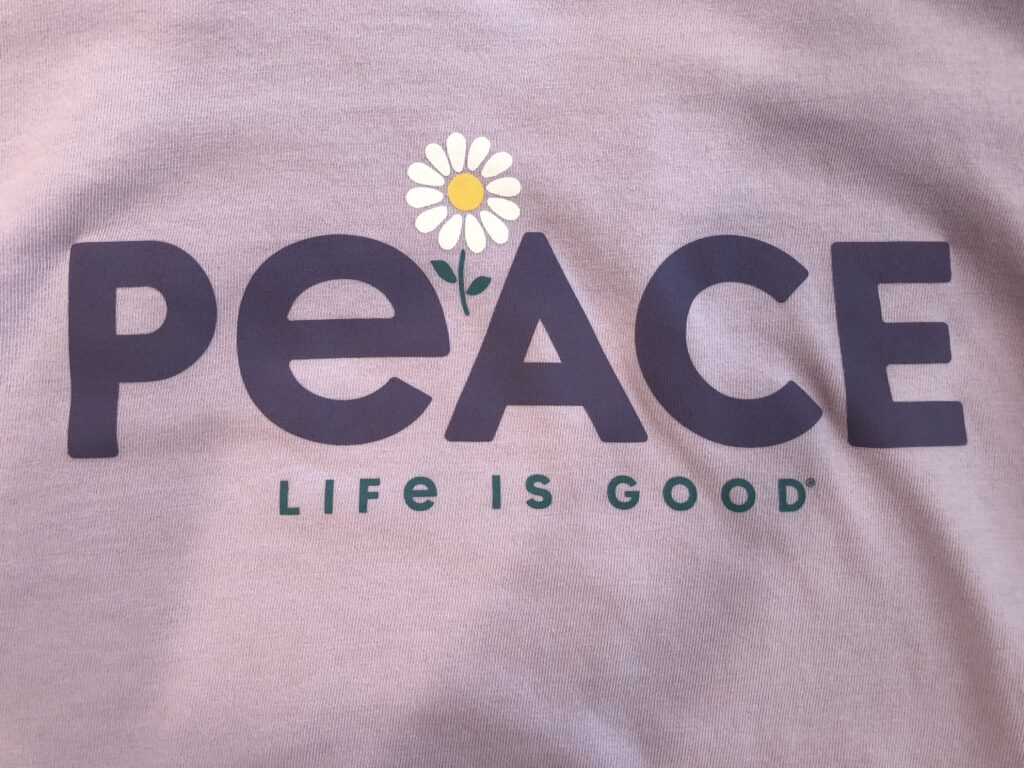

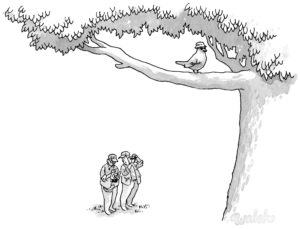
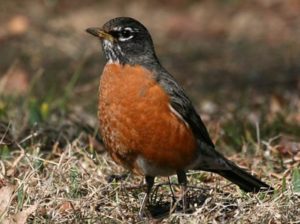
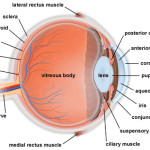
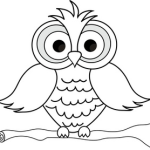 I sit waiting—
I sit waiting—

